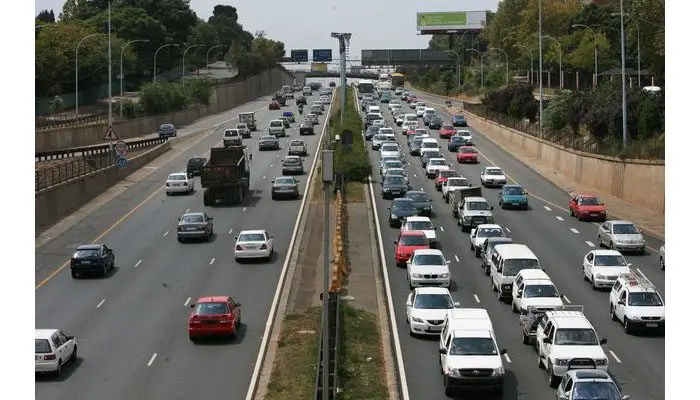The Mombasa-Bujumbura highway project got underway in 2014, with Tanzania and Burundi building their sections while Kenya built the part between Voi and Taveta border. The 1,545-kilometer route has reduced the distance between Mombasa and Bujumbura via the Northern Corridor by 358 kilometers.
It connects the two cities via Voi, Taita Taveta, the Holili border, the Singida-Kobero border, and finally Bujumbura. In September 2018, the road’s construction was lastly finished. The Trans-African Highway, a network of cross-continental road projects in Africa, includes the Mombasa-Bujumbura route.
Also Read: Design plans for The LOOP, a controlled-climate cycling highway in Dubai, revealed
Reported in September 2014
US$ 110.54b secured for the Mombasa–Bujumbura highway
The African Development Bank (AfDB) has given Kenya a loan worth US$ 110.54b to construct Mombasa–Bujumbura highway that will link Kenya and Rwanda.
Branching off the Northern Corridor at Voi, the Mombasa–Bujumbura highway will stretch 1550 kilometers. The road will also connect the Central Corridor to Tanzania at Moshi. It will also cross Arusha and Singida, on its way to Bujumbura.
The highway will be shorter than the Northern Corridor by 455km. The Northern Corridor will run from Kenya to Burundi, passing through South Sudan, Congo and Rwanda.
The Mombasa–Bujumbura highway will also be shorter than the central corridor by 50 km. The latter runs from Congo to the Tanzanian port of Dar es Salaam, through Uganda, Rwanda, and Burundi.
The connection of Rwanda to the port of Mombasa through the Mombasa–Bujumbura highway will facilitate quicker transport and movement of commodities, because, according to Burundi’s Chamber of Commerce Secretary–General Christian Nkengurutse, the Mombasa port is more efficient in capacity and clearance than the Dar port. This will make it better than the Central Corridor.
The contractors will be selected by end of November this year since the evaluation process was still ongoing, according to Deusdedit Kakoko, the Tanzania Roads network Agency’s Arusha regional manager.

